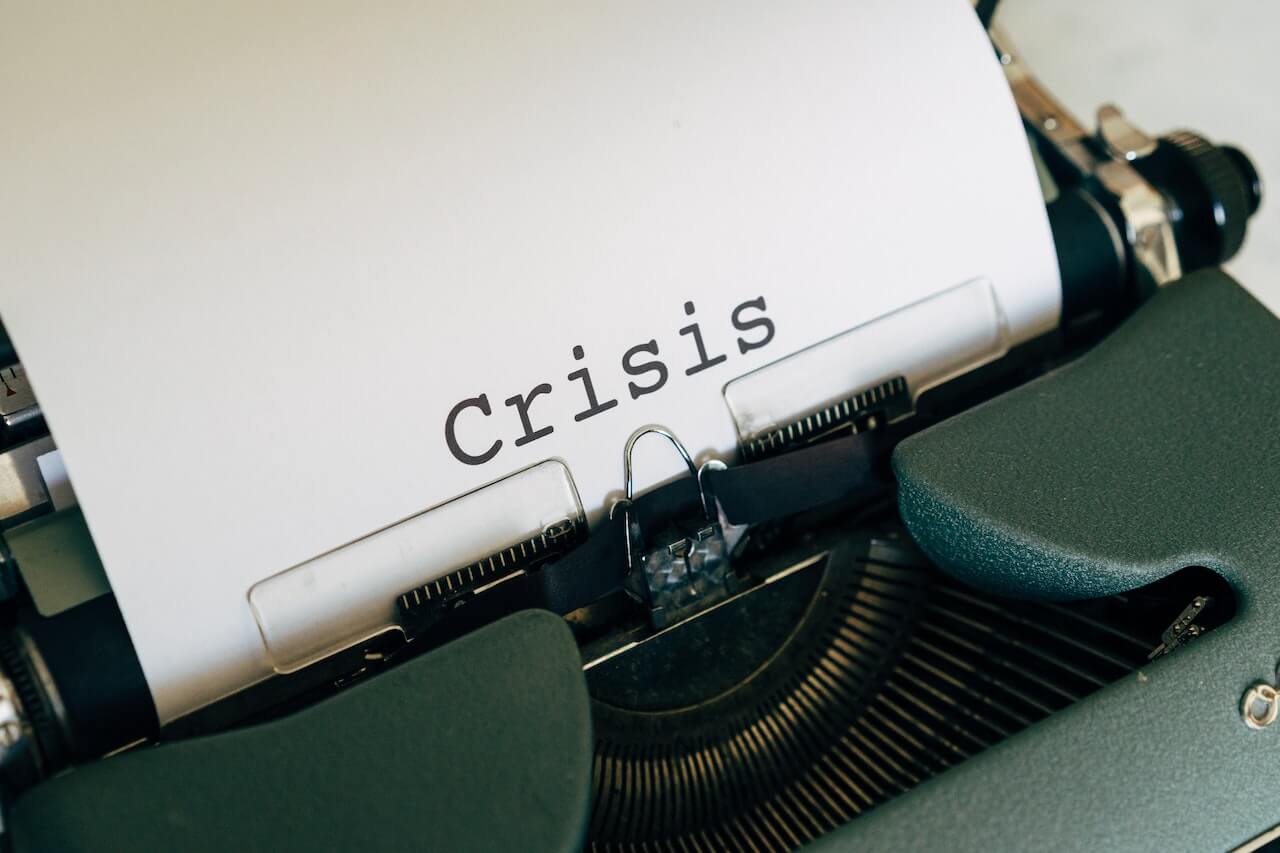© Copyright Michael Nayor
There are many types of issues facing businesses, but what counts as a true crisis?
It’s not always immediately apparent when your organization is in the initial stages of a crisis. To this effect, I am pleased to bring you a guest blog submission by Michael Nayor, founder and CEO of crisis consulting firm The Rhodell Group, that investigates “What Really Constitutes a Business Crisis.”
What is a Business Crisis?
A business crisis can be anything that can negatively affect a company’s reputation or bottom line. Many events at first blush may not appear to be serious. HP’s firing of Mark Hurd and the subsequent entanglement with Oracle was not a big deal in the scheme of things, even though internally it must have been a shocker. However, the death or resignation of a key person in any organization could very well be serious for any company depending on just how key that person really was. Natural catastrophes, product recalls, labor disputes, and computer data losses. The list is endless. Some are temporary. Some can cause the demise of a company. Most can be handled with honesty and the realization that it may be necessary to absorb losses over the short haul in order to achieve a long and healthy business life.
Two Categories of Business Crises
Two distinct categories of crisis need to be recognized. In one we lump all those events over which we have no control, such as product tampering by outside forces or natural disasters. Even in these situations, there are always some actions we can take: tamper-proof packaging, liability insurance, and proper protocols. But generally, these events can blindside us.
The second category contains all those events that might have been avoided had we chosen to take the actions necessary to protect ourselves and the public. Some are obvious. We look at the BP oil spill and see things that surely could have been done. Other events are not so obvious and these are the ones that can be insidious. When management believes it is doing the right thing but in fact is fueling a potential crisis we have the makings of a catastrophe. A couple of examples will make this abundantly clear.
Market share is usually very important to a company, oddly sometimes more important than the bottom line. There is always great competition for new customers. Many times the efforts and resources devoted to advertising, marketing, and selling to new customers are at the expense of a company’s loyal customer base. This can even be seen at the local level. Where I live heating oil companies consistently offer new customers a deal for the first year in order to lure them in. This, of course, is done at the expense of old, loyal customers who have to make up the slack. The result is that many savvy oil customers these days do a lot of shopping each year to find the best deal. Loyalty is a thing of the past. On a national level, the problem has gotten even more serious. A recent financial story in The New Yorker last month observed that there is almost universal recognition that customer service in this country has deteriorated. Such service is considered a “cost”. Companies are looking for customers they don’t have so they are willing to spend on marketing and advertising but are not as interested in adding to their costs of service. The article made it sound a little like cynical dating. Companies are interested in luring you in but then once they have you, they don’t quite value you as much as the next potential customer they want to corral.
Lack of service is not just a pain for helpless consumers. In this internet age, they can do something about it. This is how a company can sow the seeds of its own destruction, and inexorably create its own crisis. Companies and their products and services are being rated on the internet and consumers don’t hold back. They tell it like it is. Granted, competitors may be planting some of these negative comments but for the most part product and service evaluations are being taken at face value. The moral of the story: be faithful to those who brought you to the dance, or the consequences could be severe.
Another form of self-inflicted crisis involves weathering the storm
Whether in politics, professional sports, or business, “players” still believe that because of their importance, they can ride out any issue or problem. They can’t. We can all easily tick off a dozen or so examples, but the latest is surprising. Johnson & Johnson has recently gone through a spate of recalls of tainted children’s Tylenol and Motrin. The Company has generally kept a low profile and even contracted with a third party to buy up Motrin off retail shelves rather than announce an actual recall. And for the last decade, it has been settling with claimants for a variety of injuries and death allegedly due to Ortho Evra, a contraceptive patch made by its subsidiary, Ortho McNeil. It appears clear that the current management of J&J has not followed in the footsteps of the management that handled the Tylenol crisis of 1982 which is often cited as the quintessential example of crisis management in modern corporate history. Back then cyanide had been found in bottles of Tylenol in the Chicago area. J&J immediately issued public warnings, issued a product recall, created tamper-proof packaging, and before long was back in business. The Company was up-front and willing to bite the bullet in the best interests of the public. Unfortunately, that does not appear to be the philosophy today. There is clearly a danger in believing one’s invincibility. The trust and respect of the public are at stake, and once lost, is very difficult to retrieve.
A crisis is not just the obvious explosion at a plant or a mine. Companies can and do create their own crises. Companies must evaluate their philosophy, their strategy, and their honesty. They must take action to minimize their vulnerabilities but at the same time be prepared to take action in the best interests of the public if they value company longevity.
For the Category of Crisis Management:
To round out your knowledge of this Library topic, you may want to review some related topics, available from the link below. Each of the related topics includes free, online resources.
Also, scan the Recommended Books listed below. They have been selected for their relevance and highly practical nature.
 Sections of this topic
Sections of this topic
















